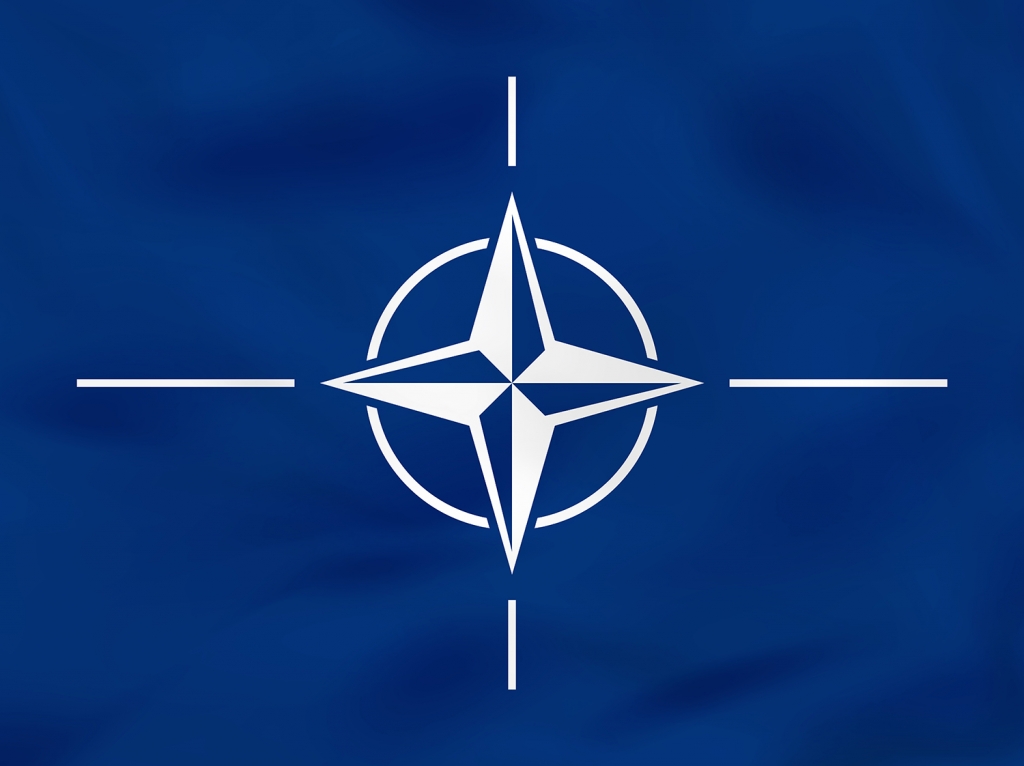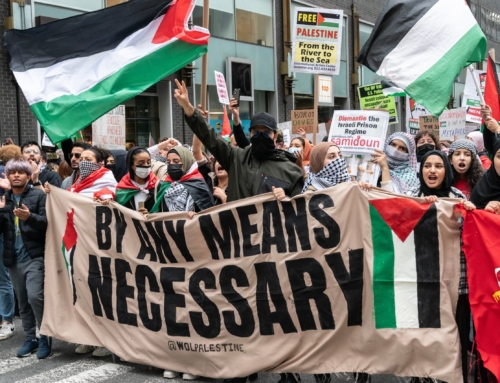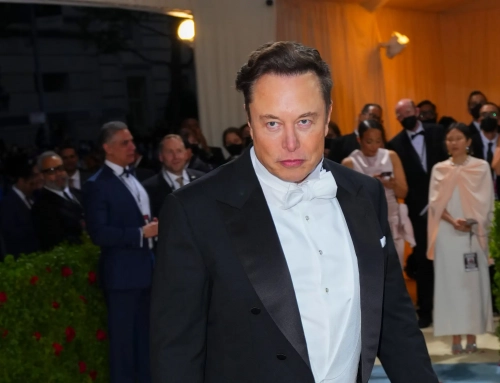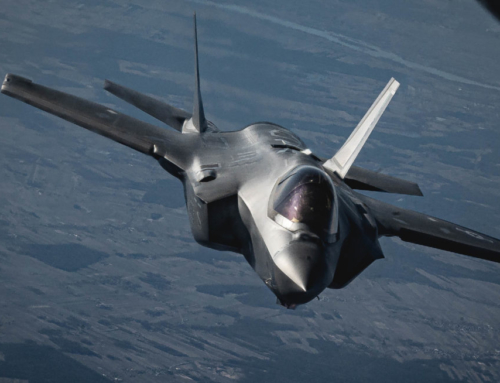
Lately, there’s been some discussion about NATO and its member nations not paying their fair share, leaving the American public believing that the United States is getting screwed making up the shortfall. It’s not that clear cut. With the transition between Commander’s in Chief, I thought I’d clear the air a little bit, and describe exactly what the cost is with NATO since both the outgoing commander in chief and the incoming seem to use the numbers to drive up interest. Bottom line up front: We don’t spend a single dime more because of a NATO member nations’ shortfalls.
President Obama has stated repeatedly that NATO member nations must pay their fair share, saying as far back as 2014, “To its great credit, Estonia stands out as an ally that contributes its full share…And Latvia and Lithuania have pledged to do the same…So this week’s summit is the moment for every NATO nation to step up and commit to meeting its responsibilities to our alliance. Estonia does it. Every ally must do it.”
More recently, our new president elect reiterated that he thought NATO was a bad deal. Previously, he said this on Charlie Sykes radio show: “The other thing that’s bad about NATO, we’re paying too much. We’re spending a tremendous — billions and billions of dollars on NATO. …We’re paying too much! You have countries in NATO, I think it’s 28 countries – you have countries in NATO that are getting a free ride and it’s unfair, it’s very unfair.”
Before that, on ABC, he said, “We pay so much disproportionately more for NATO. We are getting ripped off by every country in NATO, where they pay virtually nothing, most of them. And we’re paying the majority of the costs.”
This makes it sound like if Germany doesn’t pay a dollar on their defense, we pick up the slack, adding up to “billions”, but that’s incorrect, and it’s confusing to the general public.
First of all, it’s not “billions and billions”. Direct expenditures on NATO – things like office space, salaries, etc – are based on Gross Domestic Product, so yes, we spend more because we have a greater GDP, but our total expenditure is around 685 million a year. A far cry from “billions and billions”. And every country in the alliance spends what’s required for direct expenditures. Nobody is in arrears. We aren’t making up some country’s slack because they missed a rent payment. So what are we talking about?
Since the alliance was formed in 1949, there has been an agreement on what constitutes collective defense, but no firm guidelines – because they weren’t necessary. Prior to the 1990’s, each country voluntarily contributed upwards of 3.3% of their GDP on defense. By 2000 that number had slipped below 2% (Not too hard to figure out why – the USSR ceased to exist). In 2006, for the first time, NATO came up with a standard for membership defense spending, and in a nutshell, it was that each country would spend at least 2%. That’s what the disparity is about. Currently, only five countries in the alliance meet the threshold of “paying their fair share”, and that’s a travesty. I freely admit that those countries should be held to task with respect to building their defensive capabilities up to the point of the threshold for being in NATO, but it doesn’t mean we – as the United States – pay anything extra because they don’t. Basically, all this means is that they don’t contribute to the alliance like they should. That’s terrible, and should be corrected, but it doesn’t translate into the United States spending money to make up the shortfall. We don’t buy France new tanks when it refuses to do so out of its own pocket.
The United States spends more on defense than the next seven countries combined. Not just NATO countries, every country on earth. We don’t do that because a NATO member is slacking. There isn’t a brigade in the US Army that’s there because Germany failed to meet the threshold. We do it because it’s in the best interests of the United States. Saying we’re losing “billions and billions” of dollars because NATO members aren’t paying their fair share is disingenuous. If NATO ceased to exist tomorrow, our military would be the same size.
Make no mistake: I think President Obama and President-elect Trump are right to hold member nations’ feet to the fire. They should and do. If countries want NATO’s blanket of security, then they need to meet the commitments, and should PAY FOR THEM. I just wish they’d be more precise on what it costs America. It’s not a direct dollar exchange, but everyone seems to think it is based on the rhetoric.
As far as NATO being “obsolete”, two quick facts: 1) In 1995 Serbia was slaughtering every Muslim in Bosnia. In Srebrenica 7,000 Muslims were massacred while the United Nations stood by – with armored vehicles – letting it happen. Since nothing could be done with that worthless organization, NATO launched Operation Deliberate Force – an air campaign against Serbian forces. They stopped the slaughter and brought Serbia to the peace table (Something that degenerates like ISIS seem to forget…).
2) Article five – the backbone of NATO – states that an attack on any member nation is an attack on all. It’s only been invoked once in the entire existence of NATO – after 9/11. NATO went into Afghanistan because we invoked it. They did and continue to do good work. When talking about costs to bear or who’s “paying its fair share”, it would be good to remember that the sons and daughters of member nations killed in Afghanistan were solely there because the United States invoked Article Five.
NATO is old, but it’s not obsolete, and member nations most certainly should pay their fair share, but let’s be honest about the true impacts to America’s own defense budget.










Thank you. I was not aware of the facts you present.
Dear Brad, thank you very much for the clarification.
When it comes to Germany and other Europa NATO members one should also take into account that European armies are starting to melt together.
For example the Netherlands got rid off their MBTs, their last 18 Leopard tanks are now part of the 1st German Panzerdivision. In exchange the german naval “Seebataillon” will soon become part of the Dutch “Korps Mariniers”.
As Germanys secretary of defense Ursula von der Leyen said: “Die Nato muss europäischer werden” – Nato needs to get more european.
You just can’t compare numbers.
Would NATO not be considered obsolete insofar as it’s original mission, which was to defend Western Europe against the Soviet Union and the Warsaw Pact? Given that neither entity exists anymore (indeed, most of the states that once made up the former USSR and Warsaw Pact are now members of NATO), would that not make NATO obsolete? Or am I misunderstanding the original mission of NATO completely?
No, I don’t think you’re misunderstanding the original mission of NATO, but missions evolve. Make no mistake – the USSR is gone, but the threat remains. There’s a reason that defense expenditures of ring nations to Russia are growing exponentially, and that we’re deploying forces to Poland and the Baltic states. And it’s not because the world is getting more peaceful.
Thank you for the reply and clarification, sir.
A new blog!? Finally! Thanks, Mr. Taylor.
Yeah, I know. I’ve been slacking…
I’m not so sure Afghanistan is a great example. Many nations contributed. Some hit above their weight class. Some sent troops under so many restrictions that they were effectively worthless.
Trust me, I know very well the shortfalls of NATO operations in Afghanistan. Yes, some of it was/is a sausage-making nightmare, but at the end of the day, their deployment relieved the United States of contributing even more troops. It’s not a question of a “Great example”, more like the ONLY example of NATO deploying because of its charter. Great or not, they deployed because we asked, and they spent blood and treasure doing it. You can denigrate the contribution, but I won’t.
Thank you for laying out the financial details of the situation. It can be easy to over quantify when speaking in general terms, which our Presidents tend to do when speaking on something that the general population doesn’t follow with the same vigor as some reality tv show. That said, there is still room for nations to contribute / participate more fully than they have been. It may simply be the same failing in our partner nations as in this nation, the population just doesn’t really care very much until there is an “issue”. THEN they want to know where their money went and where there armed services are at. A complete review and upgrade, with a decent open-ended time frame would be a fair thing to ask. If nothing else, that review would be able to help keep NATO on the sharp edge of it’s goal.
Thanks for the clarification, Brad.
This is one of the best explanations of how NATO works I have ever seen. I looked you up after reading your novel, No Fortunate Son, which I enjoyed very much. We need more military veterans stepping up and telling us how it really is in your world. Then maybe the politicians who don’t tell the truth for their own purposes will have to be more honest. Thank you for clarifying this important point for all of us.